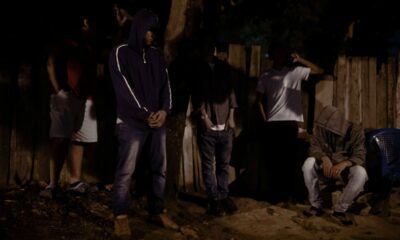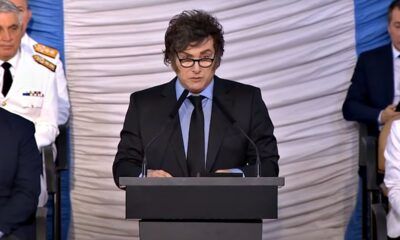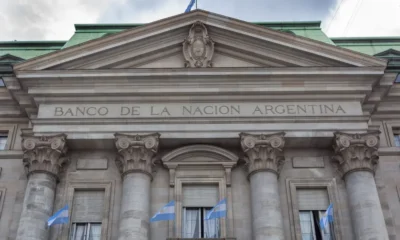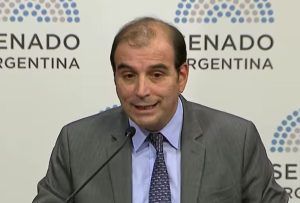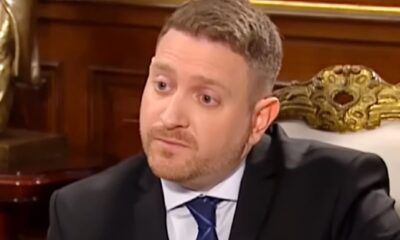INTERNACIONAL
Colombia’s largest criminal group accepts president’s offer to broker peace deal
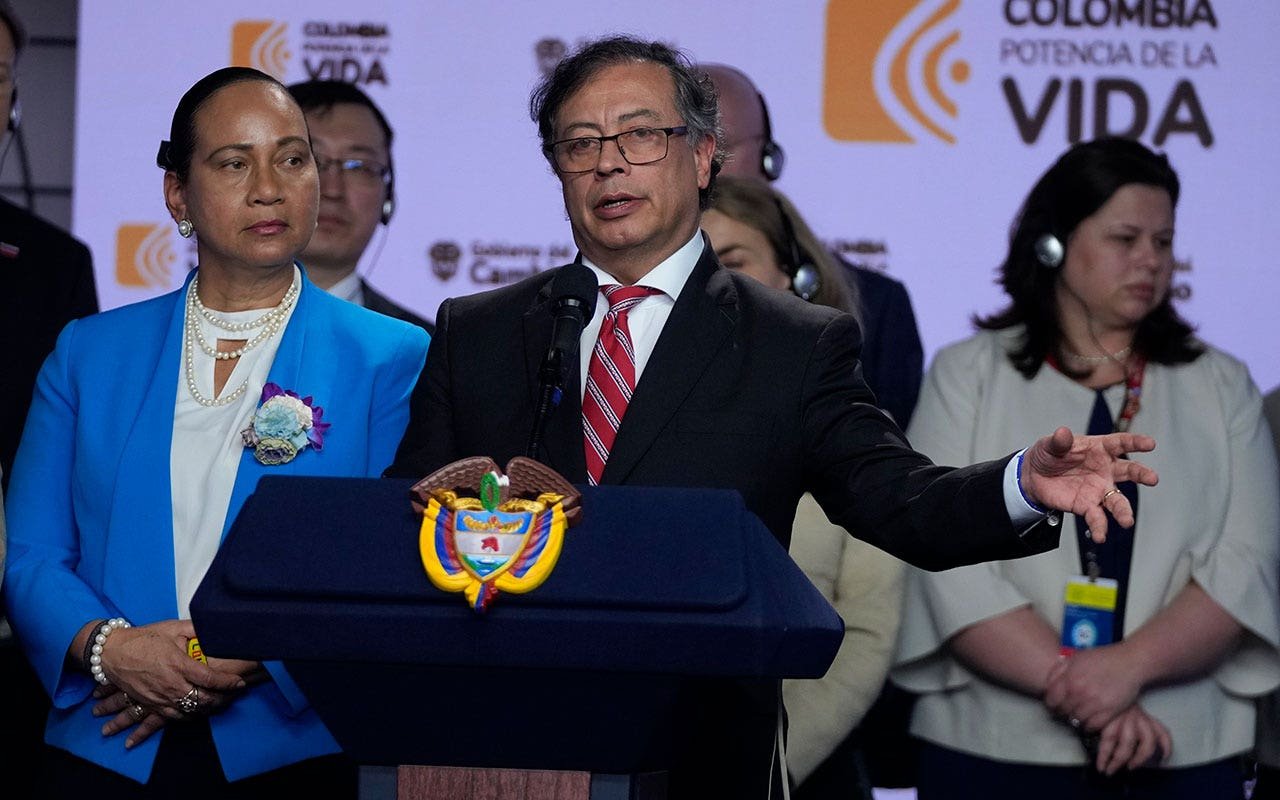
Colombia’s largest criminal group said Tuesday it has accepted President Gustavo Petro’s offer to start peace negotiations, but the next steps in any talks were not immediately clear.
The Gaitanista Self Defense Forces of Colombia — called the Gulf Clan by Colombia’s government — has been described by analysts as a threat to Petro’s ongoing efforts to broker peace deals with the nation’s remaining rebel groups.
Petro on Monday night said he was willing to start peace negotiations with the group if it «dares» to leave drug trafficking, stops taxing local businesses and stops profiting from the transit of migrants heading to the United States.
COLOMBIAN PRESIDENT SUSPENDS CEASEFIRE WITH REBELS AFTER ATTACK ON INDIGENOUS COMMUNITY
The group responded on Tuesday with a statement on X saying it accepted the president’s invitation to start negotiations. It denied being involved in the smuggling of migrants.
The Gulf Clan was founded by former members of right-wing paramilitary groups that demobilized in the early 2000s. It has been described as an apolitical group that increasingly controls communities where it administers justice, taxes local businesses and employs youth.
The group has an estimated 9,000 fighters and earns more than $4 billion per year from its illicit activities, which makes it Colombia’s wealthiest armed group, according to a report published Tuesday by the International Crisis Group.
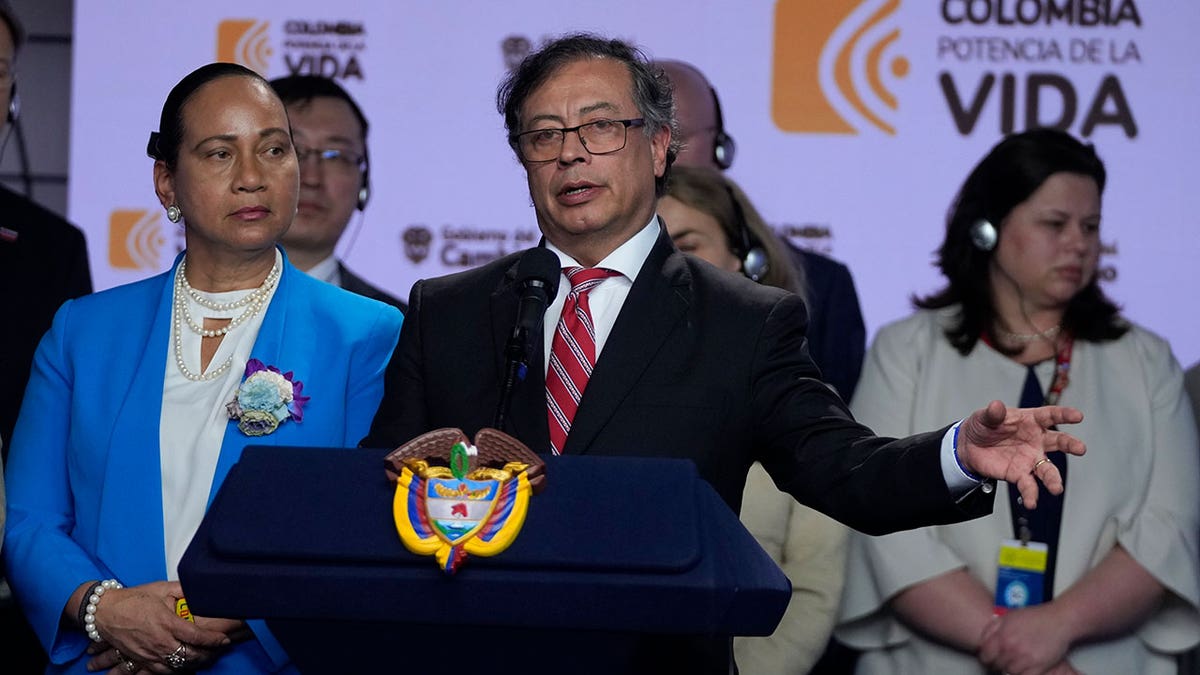
Colombian President Gustavo Petro attends a press conference with members of the UN Security Council after a meeting at the Presidential Palace in Bogotá, Colombia, Thursday, Feb. 8, 2024. (AP Photo/Fernando Vergara, File)
«The armed groups who are in negotiations (with the government) today are under military pressure not from the state but from the Gulf Clan,» Elizabeth Dickinson, the report’s author, told The Associated Press. «So hovering over all of the ongoing negotiation processes is this threat that laying down arms…translates into handing over illicit economies, territories and communities» to the group.
Dickinson said that starting negotiations with the Gulf Clan would be essential for the government’s efforts to pacify rural areas of Colombia.
But talks with the Gulf Clan have been hampered by legislation that limits the government’s ability to negotiate with criminal groups that are not believed to have ideological motivations.
Colombia’s «total peace» law, created during the early days of the Petro administration, designated the Gulf Clan as a criminal group instead of an insurgent group.
While a 2023 ruling by Colombia’s constitutional court says the government can initiate talks with criminal groups, it is not allowed to offer them concrete terms under which they can disarm.
Instead, the Gulf Clan would have to negotiate its disarmament with Colombia’s attorney general.
On Monday, Petro said he had asked the attorney general to come up with terms under which the members of the Gulf Clan could collectively lay down their weapons.
CLICK HERE TO GET THE FOX NEWS APP
«If they were born here, they have the right, like any other citizen, to discuss what they want for the future of their territory,» Petro said during a town hall meeting in Apartado, a town where the Gulf Clan is said to be active.
INTERNACIONAL
Hamas hands over bodies of 4 slain Israelis, including Shiri Bibas and her two young boys

Hamas has turned over the bodies of four slain Israeli hostages more than 500 days after the terrorist group’s Oct. 7, 2023, attack in Israel.
Hamas said the bodies would include Shiri Bibas and her two toddlers, Ariel and Kfir, as well as Oded Lifshitz, a retired journalist and activist. Their identities will be confirmed in Israel, which could take up to 48 hours.
At the time of their kidnapping, Shiri was 32 years old, Ariel was 4 years old and Kfir was 9 months old. Their father, Yarden, was also kidnapped by Hamas, but survived and was released on Feb. 1.
Lifshitz, a retired journalist and activist, was 83 years old when he and his then 85-year-old wife, Yocheved, were kidnapped from their home. She was released on Oct. 23, 2023.
FATHER OF HAMAS’ YOUNGEST HOSTAGES IS RELEASED — BUT HIS FAMILY REMAINS IN HAMAS CAPTIVITY
L-R: Shiri Bibas, Kfir Bibas, Ariel Bibas, and Oded Lifshitz. (Hostages Family Forum via AP)
The transfer took place in front of a large crowd near Khan Younis at around 9 a.m. local time on Thursday. The crowd was reportedly cheering when Hamas arrived carrying four black coffins in four separate cars.
«As the bodies of four Israeli hostages are transferred by Hamas to the Red Cross, hundreds of ‘innocent Gazans’ dance to music, and happily film this tragic event,» Israel’s Government Press Office wrote on X. «Speechless doesn’t begin to describe how this makes us feel.»
The coffins were later transferred to a Red Cross car, which took them to Israeli forces inside the Gaza Strip.
HAMAS FREES 3 MORE HOSTAGES IN EXCHANGE FOR MORE THAN 300 PRISONERS AS PART OF CEASEFIRE DEAL WITH ISRAEL
Israeli President Issac Herzog said in a statement «there are no words» to describe the transfer that took place.
«Agony. Pain. There are no words. Our hearts — the hearts of an entire nation — lie in tatters,» he wrote on X. «On behalf of the State of Israel, I bow my head and ask for forgiveness. Forgiveness for not protecting you on that terrible day. Forgiveness for not bringing you home safely. May their memory be a blessing.»
This release is the first one involving the transfer of slain hostages since the ceasefire deal went into effect last month.
CLICK HERE TO GET THE FOX NEWS APP
The next transfer is scheduled to take place on Saturday where Hamas will release six living hostages.
About 70 hostages remain in Hamas custody. Nearly all the remaining hostages, including Israeli soldiers, are men and about half are believed to be dead.
This is a breaking news story. Check back for updates.
-
POLITICA1 día ago
Jonatan Viale cargó contra Santiago Caputo por la interrupción: “Me faltó firmeza para mandarlo a la m…”
-
POLITICA1 día ago
El creador de la cripto $LIBRA aseguró tener “control” sobre Javier Milei por enviarle dinero a Karina
-
CHIMENTOS2 días ago
Picantísimas chicanas de la ex de Lanata a Jony Viale porque Milei le cortó la nota: «¿Te imaginás si se lo hacían a él?»
-
ECONOMIA2 días ago
Javier Milei reiteró que este año levantará el cepo y que «el dólar va a caer como un piano»
-
ECONOMIA3 días ago
Se viene un día clave para acciones argentinas y bonos en dólares por la «crisis cripto» que generó Milei
-
POLITICA2 días ago
Qué dijo Javier Milei sobre el escándalo cripto de $LIBRA: diez frases del Presidente

